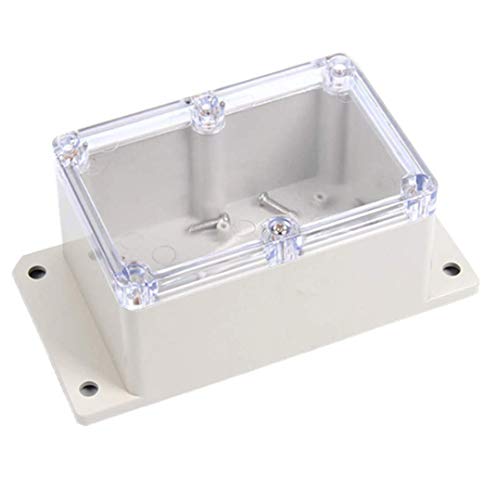sparkymalarky
Junior Member
- Joined
- Mar 22, 2011
- Messages
- 4
- Reaction score
- 0
Hi Guys,
Just joined this forum to get some light on this subject as there is an ongoing argument within my company!
RCD fails to trip on both x1 and x5...Which code would you guys determine for this defect?
Cheers!
Just joined this forum to get some light on this subject as there is an ongoing argument within my company!
RCD fails to trip on both x1 and x5...Which code would you guys determine for this defect?
Cheers!































































